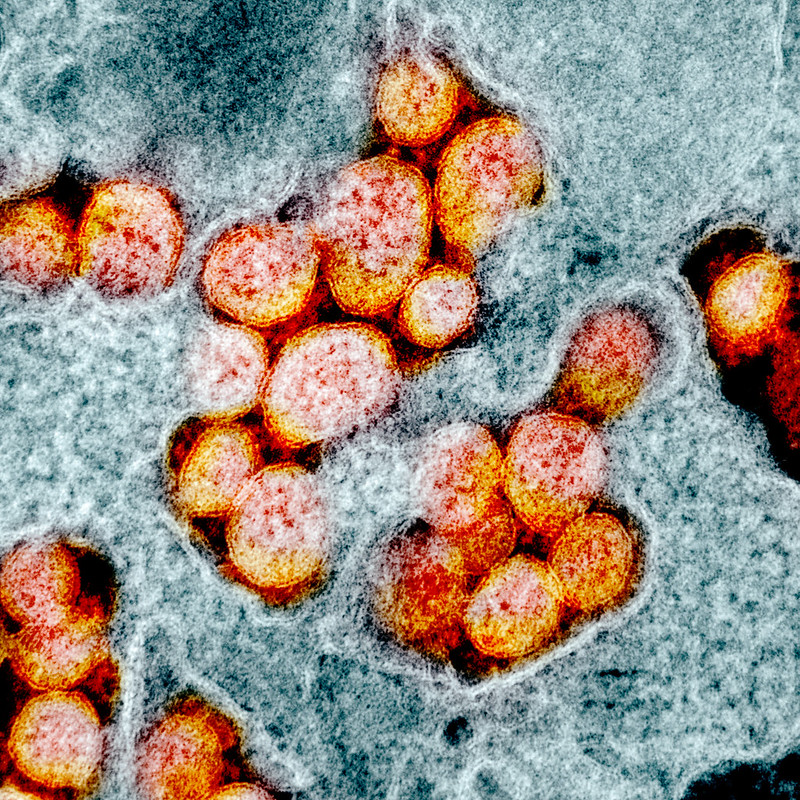UK promises 'uplift' in COVID-19 vaccinations as crisis deepens

The UK government has promised a “massive uplift” in the number of coronavirus vaccinations carried out this week, while conceding a target of 13.9 million jabs offered by the end of February will be “challenging”.
As the number of daily recorded cases in the country exceeded 60,000 for the first time, vaccine minister Nadhim Zahawi told BBC Radio 4’s today programme: “My absolute focus is to get to 13.9 million…offered a vaccine by the middle of February.
“That is my target and I’m confident the NHS has a plan and we will meet that target."
The number of vaccinations will continue to rise, he promised, adding that a quarter of over-80s had already been vaccinated.
Zahawi stopped short of saying when the government would reach the 300,000 vaccinations a day required to meet the goal.
More than a million people are thought to be infected with virus at the moment and hospitals across in the worst-affected areas are running at full capacity because of the disease.
All of the country is now in a strict lockdown, with mixing indoors banned and people instructed to stay except to get exercise and other essential tasks such as buying food.
According to reports elsewhere there are a number of backlogs that are causing delays to the roll-out of the vaccine from AstraZeneca, which will be offered to the majority of patients.
The UK has ordered 100 million doses of the vaccine and AZ has reportedly manufactured around 3.5 million doses in addition to the half million or so shots that are already available.
But Sky News reported that the extra doses are still waiting to be batch tested by the country’s regulator, the Medicines and Healthcare Products Regulatory Agency.
Sky reported that the MHRA is working in parallel with AstraZeneca’s own batch testing system to speed up a process that usually takes up to three weeks.
There are also issues with Pfizer/BioNTech vaccine, which is not manufactured in the UK like the AZ shot but in Belgium.
It has already been placed into glass vials by the time it arrives in the country, but a worldwide shortage of these means that five million doses have been delivered.
This is less than half the number that should have been because of the problems with manufacturing including the fill-and-finish process, according to the BBC.
Feature image courtesy of NIH/Rocky Mountain Laboratories












